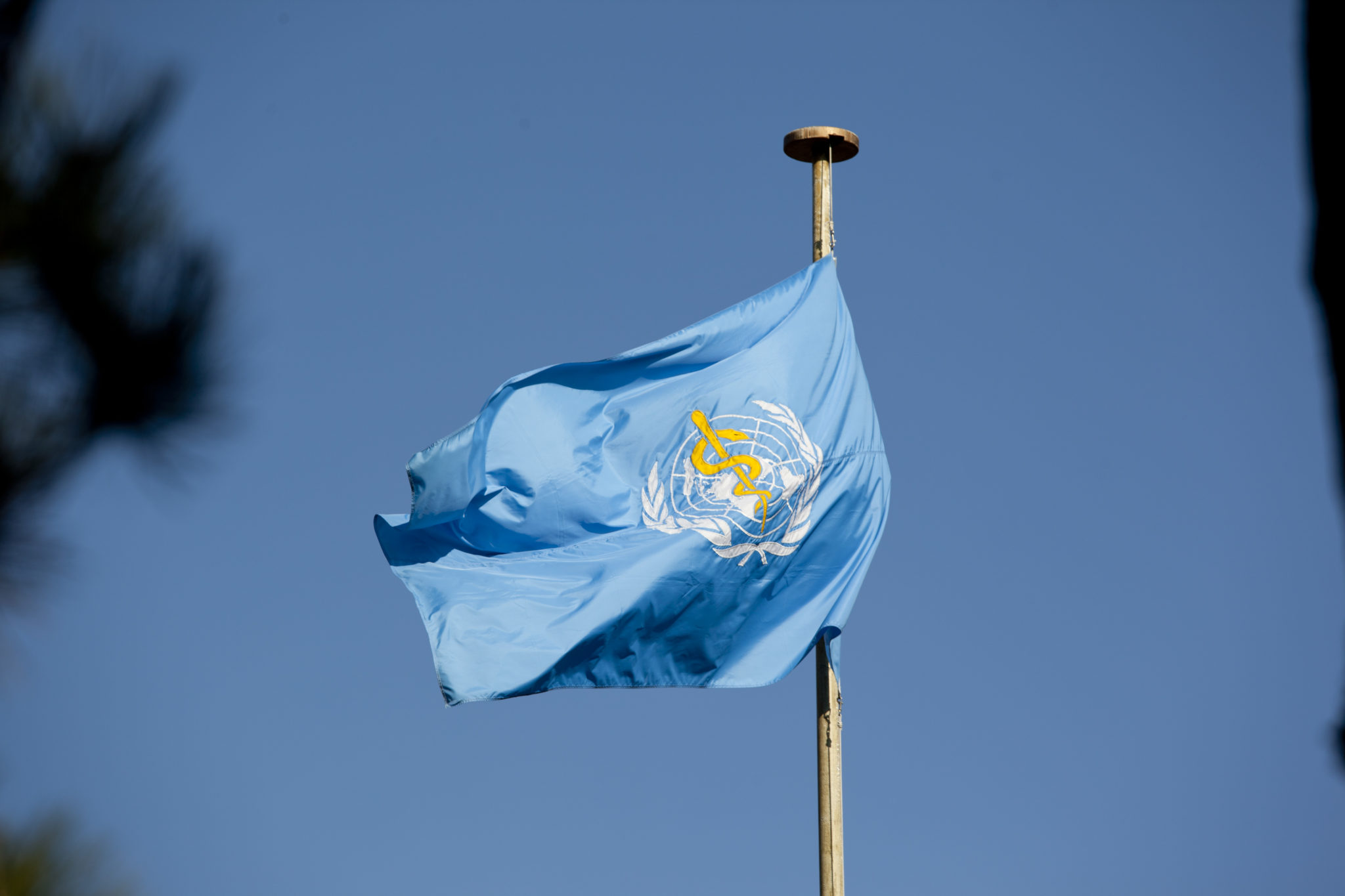As part of a campaign to mark World No Tobacco day on May 31, the World Health Organization (WHO) has reasserted its abstinence-only approach to nicotine.
In a press release titled “Quit tobacco to be a winner,” the WHO said that the tobacco industry has “promoted e-cigarettes as cessation aids under the guises of contributing to global tobacco control” while employing “strategic marketing tactics to hook children on this same portfolio of products, making them available in over 15,000 attractive flavors.”
The agency also insisted that the scientific evidence on e-cigarettes as cessation aids was “inconclusive,” and that “switching from conventional tobacco products to e-cigarettes is not quitting.”
“We must be guided by science and evidence, not the marketing campaigns of the tobacco industry—the same industry that has engaged in decades of lies and deceit to sell products that have killed hundreds of millions of people,” said WHO Director-General Dr. Tedros Adhanom Ghebreyesus. “E-cigarettes generate toxic chemicals, which have been linked to harmful health effects such as cardiovascular disease and lung disorders.”
The WHO has taken this anti-vaping position—repeatedly—in the past and seemingly continues to ignore a burgeoning body of evidence to the contrary. Despite including “harm reduction strategies” in its definition of “tobacco control,” the agency remains steadfast in denying the expert opinions of an expanding number of academics and scientific bodies—like the UK’s Royal College of Physicians and the US National Academies of Science, Engineering and Medicine—that vaping is much less harmful than smoking.
“In a press release that blends conspiracy theories, bad science, and wholly inadequate alternative measures, the WHO once again shows it is not fit for purpose.”
More than 8 million people worldwide die of smoking-related causes every year. In this context, it should be unthinkable that the world’s leading public health organization would get its approach so wrong. Especially when countries that have witnessed some of the biggest falls in smoking rates have embraced harm reduction strategies.
Japan, for instance, has seen a drop of over 40 percent in cigarette sales in recent years, largely due to the population’s large-scale adoption of heat-not-burn products that reduce exposure to harmful chemicals compared with cigarettes. Other notable examples include Sweden’s low lung-cancer rates thanks to the prevalence of oral snus, and the United Kingdom’s encouragement of vaping as a replacement for smoking. The UK’s National Health Service has gone so far as to give out free vapes to smokers.
Meanwhile in the US—where youth vaping rates steadily declined in 2020—studies keep cutting against the mainstream narrative of a rampant teenage vaping “epidemic.” One suggests that the kids who vape would probably be smoking cigarettes if vapes had never become available; another suggests that misinformation around the fabricated dangers of vaping has actually led to an increase in cigarette sales.
In stark contrast to the WHO’s claim of “inconclusive” evidence on vaping as a way to quit smoking, Cochrane, a British charitable organization that advocates for evidence-based health choices through medical research, found last month that “nicotine e-cigarettes probably do help people to stop smoking for at least six months,” and that “they work better than nicotine replacement therapy and nicotine-free e-cigarettes.”
“Vaping has already worked for many millions of smokers, and many credible experts agree that a systemic approach to tobacco harm reduction could save the lives of hundreds of millions of smokers,” Clive Bates, a tobacco control expert and former director of Action on Smoking and Health (UK), told Filter. “Instead, the health bureaucrats at the WHO just dismiss this huge opportunity.”
“The WHO blithely, and quite wrongly, claims that switching from smoking cigarettes, by far the leading preventable cause of premature death and disability, to far less harmful e-cigarettes—which they cleverly but unscientifically imply may be deadly—is not quitting,” Cliff Douglas, the director of the University of Michigan Tobacco Research Network and the American Cancer Society’s former vice president for tobacco control, told Filter. “What they really mean is that it isn’t quitting nicotine, which they know does not cause the deadly diseases caused by smoking, and which the FDA and other national health authorities long ago determined to be both ‘safe and effective’ in smoking cessation products.”
In a staggering evolution, as the scientific literature around reduced-risk products grows stronger, the WHO seems to take an ever more strident stance against them.
Instead of accepting the options that appear to work in different countries around the world, the agency plans to expand existing services—such as engaging health professionals for brief advice, promoting national toll-free quit lines, and encouraging people to chat with Florence, the WHO’s first digital health worker—that may work for some but emphatically don’t work for all.
“In a press release that blends conspiracy theories, bad science, and wholly inadequate alternative measures,” Bates said, “the WHO once again shows it is not fit for purpose and that it is captured by special interests.”
Many harm reductionists blame the influence of Michael Bloomberg and other philanthropists who pump money into the WHO and support prohibition-centered tobacco control measures.
“The WHO’s demonizing nicotine in this manner seems to be an attempt to characterize all tobacco products as more-or-less equally harmful, which couldn’t be more wrong,” Douglas said. “My advice to the WHO is just to tell the truth.”
Photograph by Eric Bridiers for US Mission Photo via Creative Commons 2.0/Flickr





Show Comments